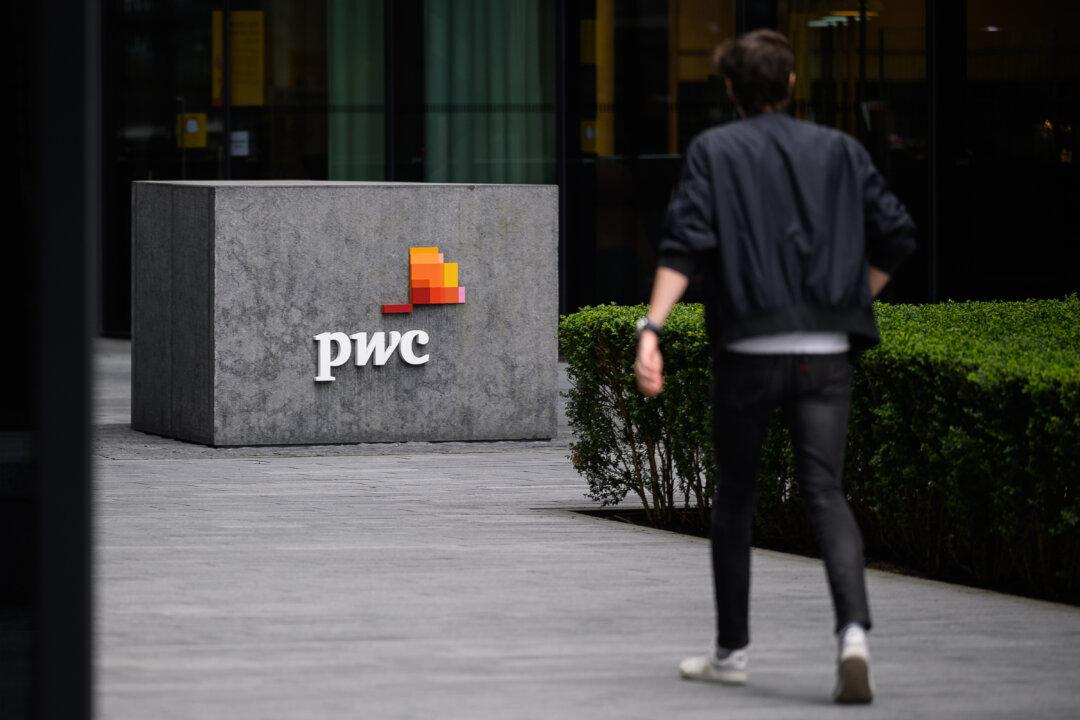The former head of embattled consultancy PricewaterhouseCoopers (PwC) has denied he allowed the firm to falsely claim legal privilege to withhold documents being examined in investigations by the tax office.
Tom Seymour resigned as chief executive of PwC’s Australian arm in May 2023 after revelations partners at the company had passed on confidential Treasury tax information to boost private sector business.





